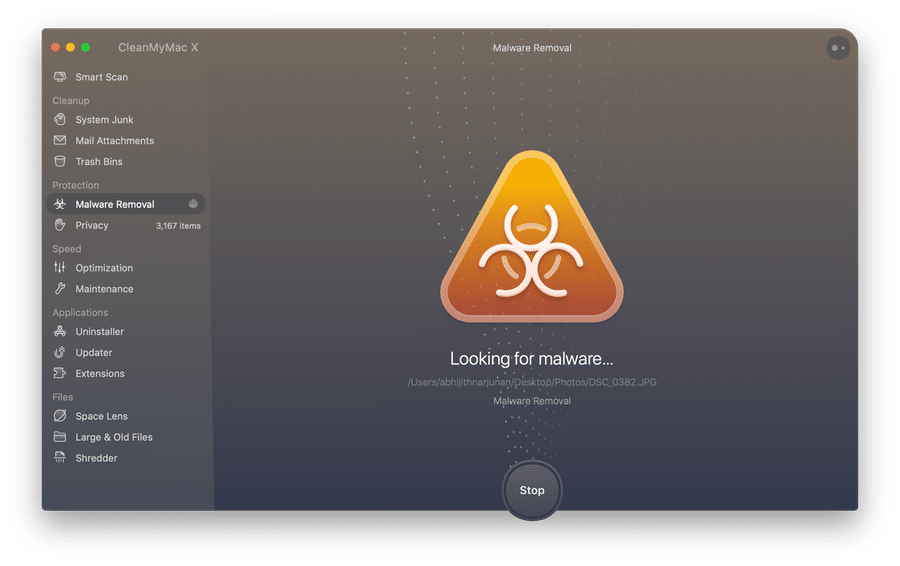

- #Advanced mac cleaner malware install#
- #Advanced mac cleaner malware full#
- #Advanced mac cleaner malware software#
- #Advanced mac cleaner malware download#
After obtaining the password, the malware then has full administrative privileges to take control of the device.
#Advanced mac cleaner malware install#
The malware prompts users to install an update, and it then locks up all operations until the user submits a password to install it. Users then most often see a message that the system has detected a security issue.
#Advanced mac cleaner malware software#
Once the software is installed on your computer, it immediately takes over critical operations.
#Advanced mac cleaner malware download#
Apple devices are vulnerable to this malware mainly when users are duped to download files through email phishing scams. While the original version of OSX/Dok was thwarted when Apple disabled its associated developer certificate, later versions have popped up using different developer certificates. This is especially troubling since a person’s iPhone, iPad, and MacBook are commonly synced. Through OSX/Dok, a hacker even has access to data that moves through SSL-TLS encrypted connections such as banking information.
The malware is able to counter Apple’s security because it’s signed by a legitimate developer certificate that validates its authenticity. It reroutes this traffic through a bogus proxy server to then obtain access to all your communications. OSX/Dok is malware that commandeers data traffic entering and leaving a Mac computer without your knowledge. You may also notice that other software applications on your Mac don’t work as well as they should or stop working completely, or your Mac could overheat. As a cryptocurrency miner, CookieMiner uses a significant amount of a CPU’s processing power and therefore, infected Macs will be slow to complete even basic computing tasks. Stealing valuable cryptocurrency isn’t enough for CookieMiner hackers, however, as they also use this malware to load cryptocurrency mining software onto MacBooks to mine Koto, a little-known Japanese cryptocurrency.īesides a significantly lighter cyber wallet, there are some other clues that your Mac may be infected by the CookieMiner virus. It can even capture backed-up data from iTunes accounts that can be used to open cryptocurrency wallets and then steal cryptocurrencies such as Bitcoin, Ethereum, and XRP. The sophisticated CookieMiner code bypasses strict security protocols of both Apple and cryptocurrency exchanges by stealing information such as passwords, usernames, and other login credential data. CookieMinerĬookieMiner is malware that captures Chrome browser authentication cookies primarily associated with cryptocurrency exchanges. Here are some of the common viruses and known malware that infect Apple devices, followed by the best ways to protect your computer from them. This could result in stolen personal information or financial data, corrupted files, or crypto-hijacking. They can also then spread to other systems. While Apple does go to great lengths to keep all its devices safe by making it difficult to download any/all software foreign to its official Apple application store, this does NOT mean your Mac, iPhone or iPad is immune to all computer viruses.Ī virus is any piece of malicious software that invades your computer system, then copies itself. But can Apple computers get viruses? And what about Mac’s suite of ultra-popular devices? Do Apple products get viruses? Apple also notifies users of periodic updates to make sure that every generation of Apple product has the most secure software version. In addition to their ability to work seamlessly with Apple devices, many users prefer Mac computers because of their perceived “inherent” security features.


 0 kommentar(er)
0 kommentar(er)
